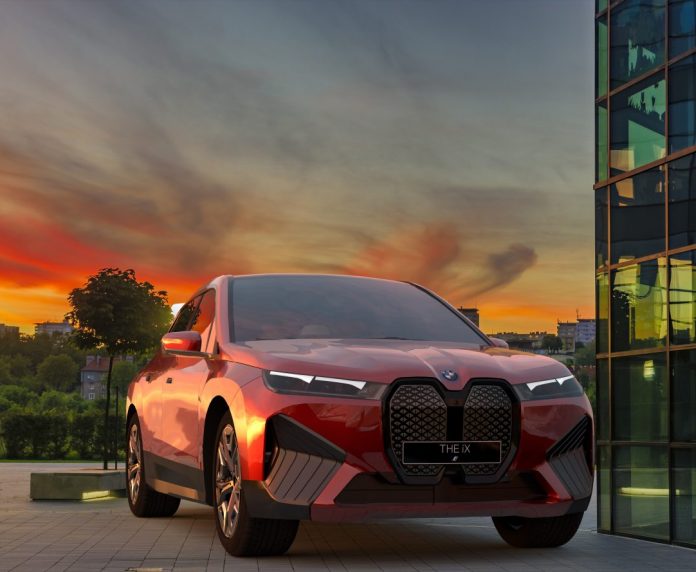Consumer Reports tested around 50 electric vehicles (EVs) this year, evaluating their performance, range, comfort, and quality. Of these, only 14 made the final cut, with a notable presence of Korean and German cars and just one Tesla. This comprehensive evaluation included a unique 70-mph highway range test, which revealed that some vehicles fell short of their claimed EPA range by as much as 50 miles while others exceeded expectations.
The BMW iX emerged as the highest-scoring vehicle, achieving an impressive 84 out of 100. This luxury electric SUV was praised for its competence and appeal. Following the iX, the Genesis GV60 scored 75, the Lexus RZ 74, and the Audi Q4 E-Tron and Q8 E-Tron received 71 and 70, respectively.
In the luxury electric car category, the BMW i4 secured the second-highest overall rating with a score of 83, surpassing the Porsche Taycan, which scored 76. The Hyundai Ioniq 6 also scored 83, making it the top-rated mainstream electric car, followed by the Kia Niro EV with a score of 71.
The Kia EV6 led the two-row SUV category with a rating of 77, ahead of the Tesla Model Y, which scored 72, and the Nissan Ariya and Ford Mustang Mach-E, both of which scored 70. The three-row SUV category had only one entrant, the new Kia EV9, which received a score of 78.
The key takeaway from this year’s tests is the strong performance of Kia and Hyundai EVs, which are among the best choices for consumers looking to go electric. Even the Kia Niro EV, which is not built on a bespoke EV platform, cut a competitive segment of compact electric crossovers.
BMW also performed well with its bespoke EV, the iX, and the repurposed ICE car, the i4. The i4, essentially a 4 Series Gran Coupe with a large battery, impressed with its performance, effectively managing its over 5,000-pound curb weight even on twisty mountain roads.
The revised Porsche Taycan, known for its sporty appeal, also made the top 14 EVs reviewed by Consumer Reports. Tesla’s limited presence, with only the Model Y making the list and not achieving a particularly high score, raises questions about why the revised Model 3, which received positive feedback, was not included in the final selection.



